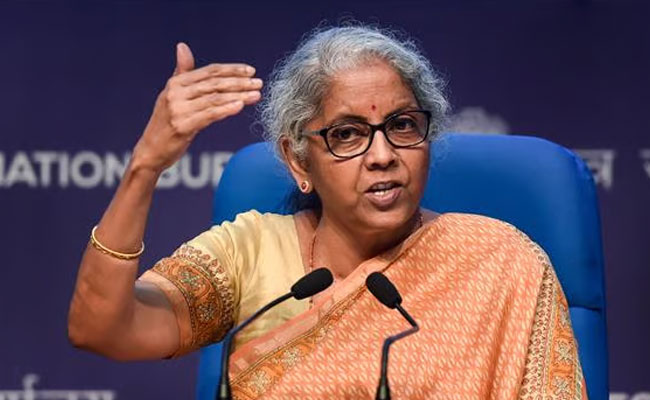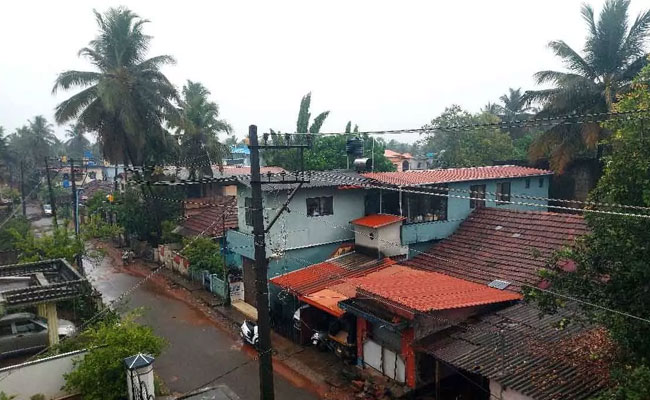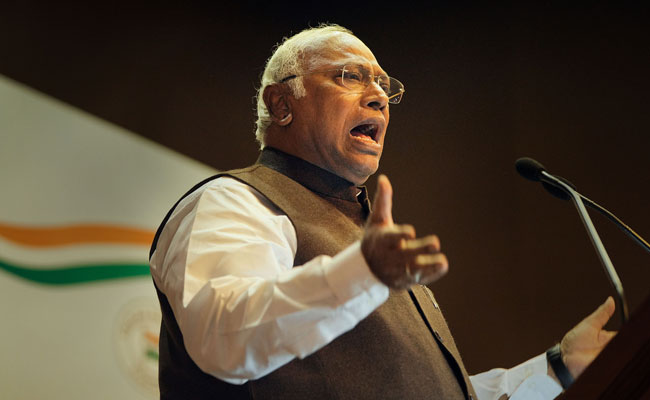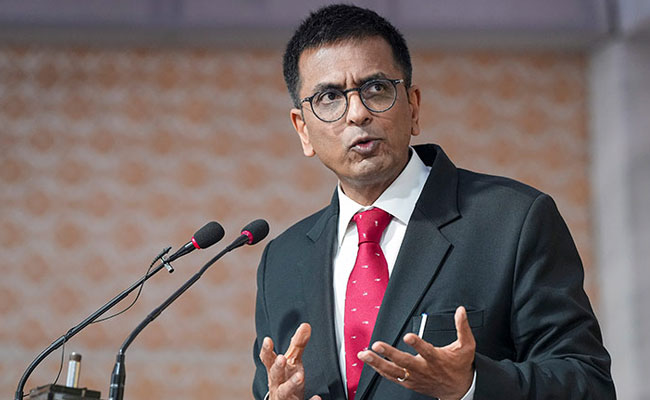Vaccinations are one of the most important contributions to public health and have helped the human civilization battle epidemic and endemic diseases. Smallpox and measles are two primary examples of diseases that took away the lives of millions until vaccination was introduced. Since then society has achieved total eradication of smallpox and brought the spread of measles under control through vaccination alone. Polio, which was widely prevalent is India, is a more recent example of a disease that has been brought under control through vaccination and is on its way to extinction.
While there is a long way to go and research is underway to examine the scope of vaccination to halt major diseases of today like cancer and AIDs, childhood and adult vaccinations to prevent diseases such as Hepatitis B, Diphtheria, Tetanus, Influenza, Chickenpox, Polio, Measles, Mumps, Rubella, among many others are widely used today.
Myth #1: Giving my child a vaccination will make them fall ill
Fact: A vaccination contains a very washed down, dilute or inactive strain of the disease causing virus. The purpose of the vaccine is to nudge the child’s immune system into producing the antibodies required to defend the body against the virus. Sometimes the child may develop a reaction from the body such as a mild fever but this is temporary and a normal reaction. The virus is not strong enough to cause a full blown disease in the person.
Myth #2: My child will develop immunity through natural methods
Fact: Building one’s immune system comprises of many other factors such as genetic make-up, healthy diet, active lifestyle, good living environment, etc and vaccinations form a part of this system. Vaccinations will help your child build immunity against some of the more common and dangerous strains of viruses prevalent today. This is not to say that your child will not be able to produce antibodies to fight the disease should it strike them some day.
Myth #3: My child will be able to battle the disease when it comes
Fact: Vaccinations are just a way to safeguard oneself from the virus and prevent having to endure the trauma and pain of battling the disease. A child who has had a chickenpox vaccine has far less risk of contracting chickenpox and going through the entire course of the disease (sometimes the child has to miss out a significant portion of their developmental period to heal from chickenpox, for eg missing a year of school) that a child who hasn’t.
Myth #4: There is no danger from these diseases anymore
Fact: Vaccination has the potential to completely eradicate a disease as in the example of small-pox. Once the disease is completely eradicated and this has been recognized globally, only then is it advisable to ignore a vaccine. Until then, it is the responsibility of society at large to help prevent the disease’s progression onto the next generation. Vaccination is an extremely effective way of doing this.
Myth #5: I don’t need a vaccination once I have grown up
Fact: Although many adults avoid vaccinations, it is advisable to go for regular follow ups or booster shots for tetanus, diphtheria, Hepatitis, meningitis etc. Depending on situations, age, health status etc, certain vaccines are recommended. For example, it is mandatory for people travelling to a place like Africa to take a shot for yellow fever or to take TB, typhoid shots before travelling to European countries etc. Older people are advised to take a pneumococcal vaccine as they are prone to developing pneumonia beyond the age of 60.
Sometimes people are not entirely aware of vaccinations and do not completely trust the benefits, however rest assured that all vaccinations recommended by doctors today, particularly for the newborn infant are well-tested for safety and efficacy through medical trials and testing before it is introduced to the market.

Authored by Dr. Brunda M S, Consultant - Internal Medicine, Aster CMI Hospital
Let the Truth be known. If you read VB and like VB, please be a VB Supporter and Help us deliver the Truth to one and all.
New Delhi: Union Finance Minister Nirmala Sitharaman announced on Friday that the Bharatiya Janata Party (BJP) plans to reintroduce electoral bonds, which were declared unconstitutional by the Supreme Court, in some form after wider consultations if the party is re-elected in the Lok Sabha elections, as reported by the Hindustan Times.
The scheme was struck down by a five-judge bench of the Supreme Court on February 15, citing violations of voters' right to information and the potential for quid pro quo arrangements between donors and political parties.
Sitharaman stated that the Centre has not yet decided whether to file a review petition against the judgement.
“We still have to do a lot of consultation with stakeholders and see what is it that we have to do to make or bring in a framework which will be acceptable to all, primarily retain the level of transparency and completely remove the possibility of black money entering into this,” she said in an interview with the Hindustan Times.
The finance minister claimed that the electoral bonds scheme had brought in transparency, and that what prevailed before it “was just free-for-all”.
Sitharaman echoed the claims made by Prime Minister Narendra Modi on April 15 during an interview with ANI, in which he contended that it was because of electoral bonds that a money trail could be found in political funding.
“If there were no electoral bonds, then in which system of power would they have been able to find out where the money came from and where it went?” Modi asked. “This is the success story of electoral bonds.”
The Supreme Court had on February 15 directed the State Bank of India to issue details of the political parties that received electoral bonds from April 12, 2019, and submit them to the Election Commission. In the initial set of data released on court orders, the State Bank of India had not revealed the unique alphanumeric numbers and serial numbers of the electoral bonds.
It was only after petitioners in the case approached the court that the bank shared the alphanumeric and serial numbers of electoral bonds that were used to match donations with the parties that received them.
On April 17, Congress MP Rahul Gandhi asked why the BJP had hidden the names of those who had donated money to the party through electoral bonds if the aim of the scheme was to increase transparency. “And why did you hide the dates on which they gave you the money?” he added.
Electoral bonds were monetary instruments that citizens or corporate groups could buy from the State Bank of India and give to a political party, which then redeemed them.
Under the scheme, buyers were not required to declare their purchase of these interest-free bonds and political parties did not need to show the source of the money. Only the total amount received through the electoral bonds was revealed to the Election Commission through the audited accounts statements.
However, the Centre could access information about these donors as it controls the State Bank of India.
Analysis of the data shared by the State Bank of India revealed that the BJP received the lion’s share of electoral bond donations. Some of the buyers of the electoral bonds were companies that had faced raids by central agencies.





